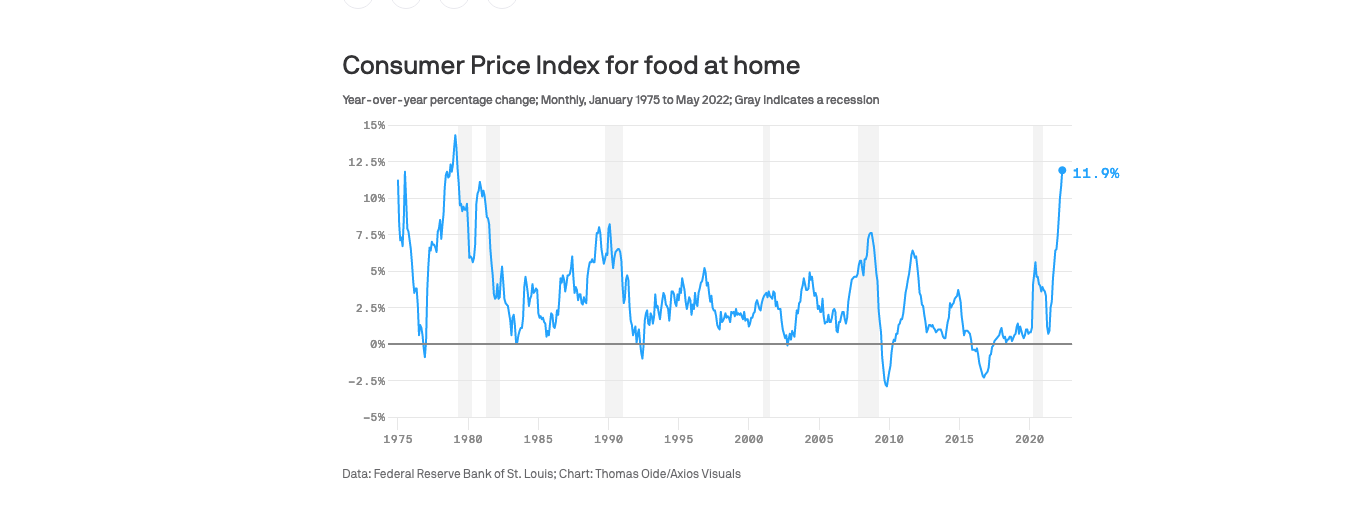Some ‘insane’ Barbadians are asking the question again – is the standard of living we have become accustomed tosustainable. Is it sensible for us `a net importer and purchaser of foreign currency to promote and implement policies that guarantee we must BORROW billions in foreign and local dollars to fund the short fall not covered from taxes collected in the case of domestic and foreign earnings?
Many years ago, ironically at the tail end of the last economic boom which Barbados never recovered, former Prime Minister Owen Arthur warned Barbadians about dark clouds on the horizon and the urgent need to make adjustments. To be expected we continued to engage in immature partisan political ranting as the walls of our society cracked are now tumbling around us.
We are a tiny island with zilch natural resources having to depend mainly on the fickle invisible export of tourism to generate foreign exchange to pay for our conspicuous consumption habits. We continue to build oversized homes, purchase fossil burning expensive SUVs, travel to distant lands to fulfil manufactured aspirations , aspire to study at elite universities, select exotic foods from supermarket shelves, the benefits sold to us on foreign cable beamed into our homes 24/7. To any sensible and educated person the dinosauric economic model could not and does not sustain the level of expenditure we have to incur. There is a good reason why Barbados’ economy has been described as open and susceptible to what economists fondly refer to as exogenous shocks.
On top of the obvious challenge of managing a minuscule 6-8 billion dollar economy largely dependent on a fickle tourism product, there is sufficient evidence – see Auditor General Reports outlining a litany of public sector malfeasance (private sector is always complicit) AND corruption to conclude we make a challenging situation more difficult. With revelations coming out of the arrest of former government minister Donville Inniss et al, there is evidence a culture exist that feeds corrupt behaviour. Although not a unique circumstance to Barbados, Barbadians must hold ourselves accountable for the kind of country we want to build for our children.
Many in this space lived through the 2007/8 global crisis and the oil crisis of the 70s. It is evident from the experiences of the two episodes we have not learned enough to commit to implementing resilient ‘fit for purpose’ policies. WE have allowed ourselves to buy into the ‘good life’ of consumption fuelled by an economy built on beach ground. Even in the face of the obvious, we have to listen daily to bull pucky discussions designed to take us no where. Unfortunately with the multiplicity of agendas to satisfy, with social media a ready purveyor of the inane the blame culture has taken deep root.
It is 2022, according to establishment analysts were are on the precipice of another global recession, one that should it occur given our fragile open economy will again wreak havoc on the lives of Barbadians, decimating a debt ridden middleclass and moving the poverty line north. Our visionless leaders combined with a level of disengagement from Barbadians – who the blogmaster has always contended ceded entitlements under our democracy to the political class – will have to suffer again for it until we learn to do better. The reference to a people getting governments they deserve has been recorded countless times in this space.
To the immediate matter at hand summarised in the article shared by a BU family member:
Rising food prices are changing the way we eat and shop

- Emily Peck, author of Axios Markets
https://datawrapper.dwcdn.net/U5xvN/1/Data: Federal Reserve Bank of St. Louis; Chart: Thomas Oide/Axios Visuals
Skyrocketing food prices in the U.S. are changing the way Americans eat and grocery shop — they’re buying more store brands, and less costly meat and produce. Some are now just making do with less.
- Meanwhile, food manufacturers continue to “shrinkflate” — putting less potato chips or cereal in the bags and boxes that we buy.
Why it matters: This is inflation hitting home, contributing to the overall bummed-out mood of the nation.
- Once upon a time, grocery shopping mainly fell to women, but these days 92% of adults do it. That means most everyone’s noticed rising food prices — and many have adjusted in ways both minor and potentially devastating.
Driving the news: The cost of “food at home” is up 11.9% from last year, the largest increase since April 1979, according to the scorching hot inflation numbers released Friday. Nearly every category of food the government tracks saw accelerating price growth. The most inflationary categories, as highlighted in a note from JPMorgan on Friday:
- Egg prices up 32% year over year, thanks in part to a January bird flu outbreak that killed about 6% of commercial egg-laying chickens, as Axios’ Hope King explained last month.
- Fats and oils were next on the list at 16.9%, partly due to the war in Ukraine, followed by poultry (16.6%) and milk (15.9%).
Unusual trend: The increases in prices for food at home are outpacing food-away-from-home, which is up *only* 7.4%.
- This is “historically unusual,”JP Morgan notes. The growth differential is the widest since 1974, they said.
State of play: For a good snapshot of how rising food prices are changing behavior, we checked the most recent Beige Book — where the 12 regional Federal Reserve banks report on economic conditions in their area (h/t Planet Money’s Indicator podcast on this one):
Read full article – https://www.axios.com/2022/06/13/rising-food-prices-are-changing-the-way-we-eat-and-shop





The blogmaster invites you to join the discussion.